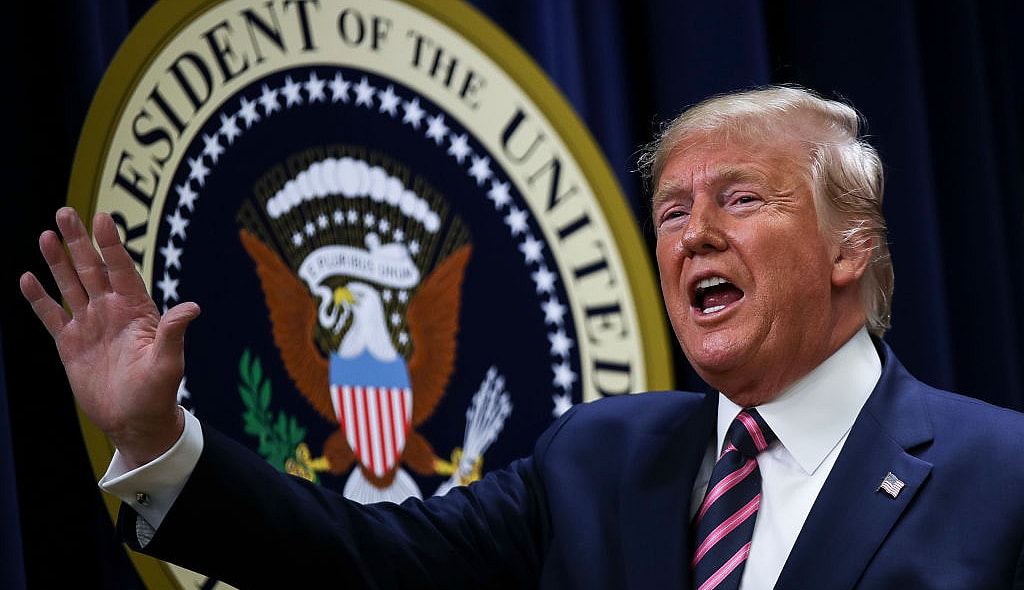President Donald Trump signed an executive order on Thursday banning transactions between U.S. companies and Chinese company ByteDance, the parent company of TikTok.
The order is set to go into effect in 45 days, if the popular short-form video app is not sold to a U.S. company, CNN reports.
The order prohibits after 45 days “any transaction by any person, or with respect to any property, subject to the jurisdiction of the United States, with ByteDance Ltd.”.
The White House says the ban is for security reasons.
Read More: NJ teen allegedly kills neighbor to gain TikTok fame
Thursday’s order alleges that TikTok “automatically captures vast swaths of information from its users” which “threatens to allow the Chinese Communist Party access to Americans’ personal and proprietary information — potentially allowing China to track the locations of Federal employees and contractors, build dossiers of personal information for blackmail, and conduct corporate espionage.”
The president issued a similar executive order targeting WeChat, a group chat app owned by Tencent, one of China’s largest tech companies.
Trump told reporters Friday (Aug, 1) that he plans to ban the popular TikTok app in the United States, theGRIO previously reported.
“As far as TikTok is concerned, we’re banning them from the United States,” the president said. His criticism of the company comes amid renewed rhetoric against China and the country’s trade practices.
Read More: Trump pauses TikTok ban to allow negotiation of Microsoft acquisition

On Saturday, TikTok issued a response to Trump’s remarks, making clear that “We’re not planning on going anywhere,” U.S. General Manager Vanessa Pappas said in a statement shared to Twitter.
News also broke last week that software giant Microsoft is interested in acquiring the video platform.
“If goal is to get teenagers to stop using TikTok, I’m not sure an executive order will stop them,” said Kirsten Martin, a professor of technology ethics at the University of Notre Dame. “Every teenager knows how to use a VPN (a virtual private network). They will just pretend they are in Canada.”
Have you subscribed to theGrio’s podcast “Dear Culture”? Download our newest episodes now!


